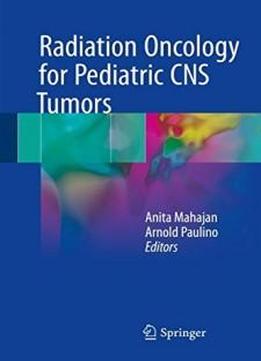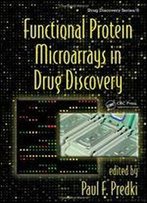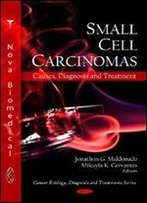
Radiation Oncology For Pediatric Cns Tumors
by Anita Mahajan /
2017 / English / PDF
23.7 MB Download
This book reviews the principles and applications of radiotherapy
in the management of pediatric brain tumors to allow the reader
to gain a full appreciation of the major aspects involved in
caring for these patients. Individual sections are devoted to
basic principles, specific management for the full range of tumor
entities, radiotherapy techniques, and potential toxicities and
their management. The book is written and edited by world leaders
in pediatric radiotherapy, and care has been taken to cover the
latest advances in diagnosis and radiotherapy techniques.
This book reviews the principles and applications of radiotherapy
in the management of pediatric brain tumors to allow the reader
to gain a full appreciation of the major aspects involved in
caring for these patients. Individual sections are devoted to
basic principles, specific management for the full range of tumor
entities, radiotherapy techniques, and potential toxicities and
their management. The book is written and edited by world leaders
in pediatric radiotherapy, and care has been taken to cover the
latest advances in diagnosis and radiotherapy techniques.
Pediatric brain tumors represent a diverse group of neoplasms
that require carefully planned management for successful
definitive treatment. Radiotherapy is one of the fundamental
components in treatment for the majority of these vulnerable
patients. The optimal radiation therapy approach will depend on
multiple factors, including tumor type and location, extent of
disease, age of the patient, and other therapies. A
Pediatric brain tumors represent a diverse group of neoplasms
that require carefully planned management for successful
definitive treatment. Radiotherapy is one of the fundamental
components in treatment for the majority of these vulnerable
patients. The optimal radiation therapy approach will depend on
multiple factors, including tumor type and location, extent of
disease, age of the patient, and other therapies. Athorough understanding of the natural history of the disease,
communication with the multidisciplinary team, full knowledge of
available radiotherapy techniques, and consideration of potential
acute and late toxicities are therefore essential for each
patient.
thorough understanding of the natural history of the disease,
communication with the multidisciplinary team, full knowledge of
available radiotherapy techniques, and consideration of potential
acute and late toxicities are therefore essential for each
patient.











